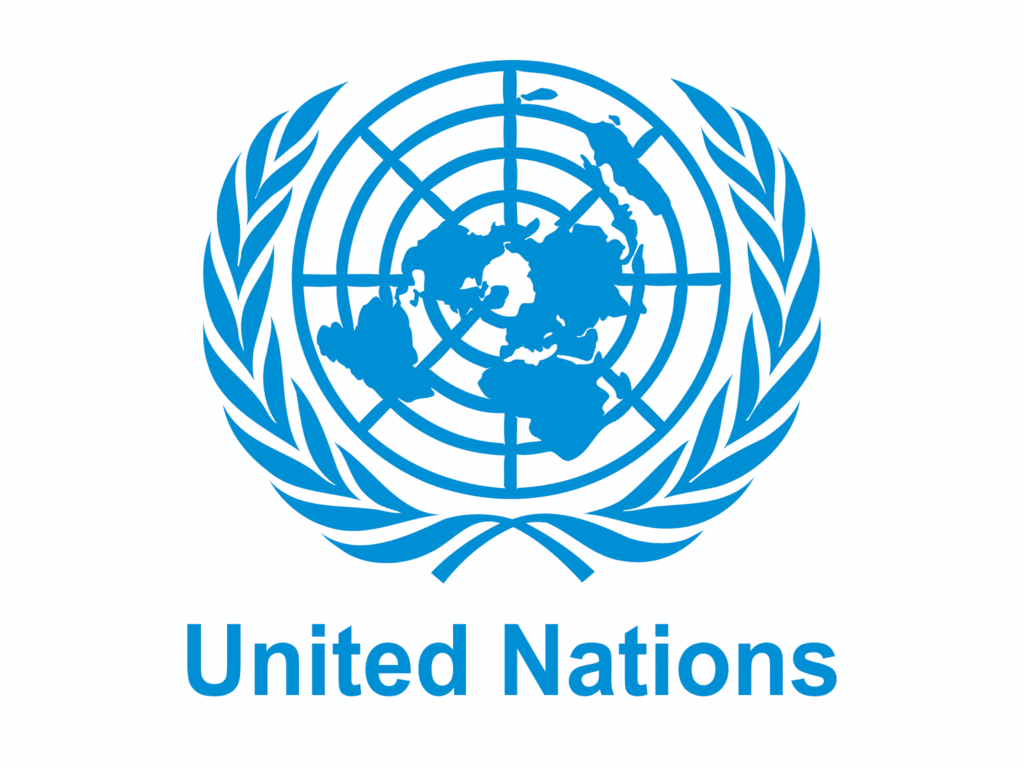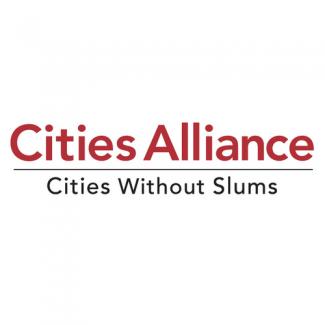Before the pandemic, >820 million people were identified as chronically food insecure, with 135 million people categorized as crisis level or worse. That number could nearly double by the end of 2020. Moreover, as of late May, “368 million school children were missing out on daily school meals on which they depend.”
All parts of the food system are impacted by COVID-19, leading to inhibited production, limited market access, loss of income from remittances or unemployment, and unexpected medical costs. The pandemic raises the alarm on “the urgent need to transform the world’s food systems” to make them more inclusive, sustainable, and resilient. Three sets of priority actions are needed: 1) Mobilize to save lives and livelihoods, focusing attention where the risk is most acute, and ensuring that relief and stimulus packages reach the most vulnerable; 2) Strengthen social protection systems for nutrition and the health system response for nutritional care; protection should include food workers in all sectors and the >2 billion smallholders and their families 3) Invest in a sustainable future by using the opportunity of the Secretary-General “Food Systems Summit” in 2021.
Also see: After the Pandemic a Global Hunger Crisis (New York Times Op-Ed, June 12, 2020, A27) by Arif Husain, Chief Economist of the UN World Food Programme, repeating the warning that the pandemic “could drive 130 million more people” into acute hunger by December 2020.




